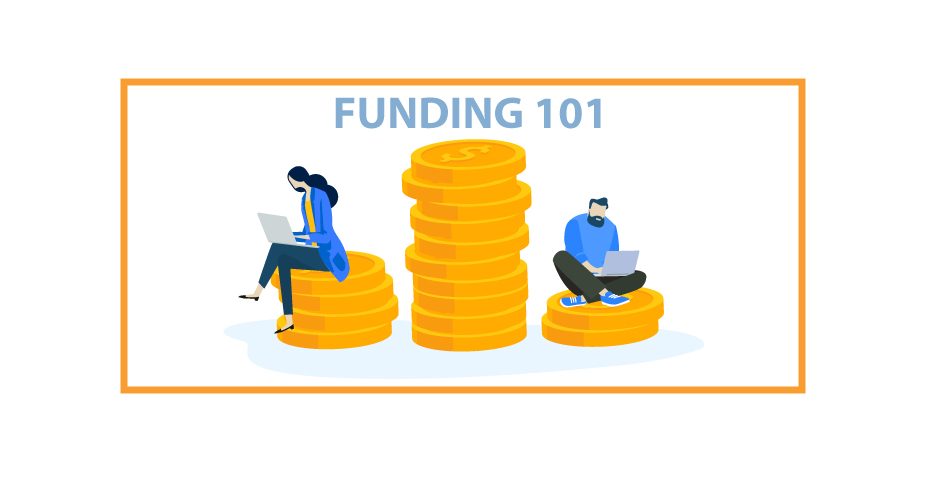It’s no secret that the pandemic has caused many of us to reconsider our career paths and priorities. As a result, individuals are quitting their jobs in droves, with recent statistics showing that one in four Americans has quit their job in 2021. For those that took the plunge, many are looking at entrepreneurship as a second career option.
To make their entrepreneurial dreams come true, most prospective entrepreneurs need to finance some or all of the business purchases. And just as every business is different, so are the options for financing them. So where do you start? Here is a quick 101 overview of some of the top options for funding a franchise or business.
Top Options for Funding a Franchise or Business
401(k)/IRA Business Funding: Many new entrepreneurs are not aware that their retirement savings represent a viable resource for funding a business. Called Rollovers as Business Start-ups (ROBS), this method of funding allows you to use a qualified retirement account to fund a business – with no penalties, upfront taxes, or debt.
-
- Rollover funds from a qualified retirement plan (including 401(k), IRA*, 403(b), PSP, or SEP IRA) to start a business
- No early distribution taxes or penalties
- Minimizes going into debt for the start-up
- No business financials are required
- Up to 100% of existing funds available for use
- Can also be used as the necessary capital injection for a Small Business Association (SBA) loan
SBA (Small Business Administration) Loans: An SBA loan may provide the longest-term and lowest-interest loan available for your business. There are two main types of SBA loans and both are based on strong personal credit, industry experience, good character:
- SBA 7(a) Loan is the most common type of SBA loan.
-
- Funding available from $50K to $5M
- Longer terms/amortizations available
- Loan can be used for any legitimate business purpose
- Collateral may be required
- SBA Preferred Small Business Loan Program (FastTrack) is another popular option but is utilized for smaller amount loans.
-
- Funding available from $50k to $150k
- Closings in 30-45 days
- Loans can be used for any legitimate business purpose
- Collateral may be required
Securities-Backed Line of Credit: A bank line of credit that is backed by sufficient securities in your bank account or portfolio to use as collateral.
-
- Cash needs can be satisfied without selling assets, keeping your long-term investment plan in place
- Avoid paying capital gain if you have low-cost basis stock which you would not need to sell
- Keep all the appreciation and dividends from your portfolio
- Interest rate is usually lower than an SBA or home equity loan
- Borrow 60% to 95% of your investment portfolio
- Receive funding in 10 days
- Monthly interest-only payments
Bonus! Here Are 3 Additional Tips to Consider:
- Get your financial house in order. Lenders (and franchisors) have certain minimum criteria when it comes to approving franchisee candidates. Some may require a minimum net worth and a certain amount in liquid assets. It would benefit you to set yourself up financially – for example: find out your credit score, calculate your debt-to-income ratio, and even update your resume.
- Get pre-qualified. You do this with a home, why not a business? By getting pre-qualified through a funding provider, you can better identify what you can afford.
- Don’t underestimate how much funding you’ll need. One of the leading causes of small business failure is undercapitalization or insufficient funding. Make sure you have enough of a buffer to help with any unexpected operating costs.
Securing funding can be challenging but is one of the most important steps in starting a business. Knowing your options and ensuring you have a solid funding plan in place is often the key to long-term success and profitability.
To learn more, schedule a consultation, see if you pre-qualify, or download our e-book on Innovative Funding Strategies for Entrepreneurs.

